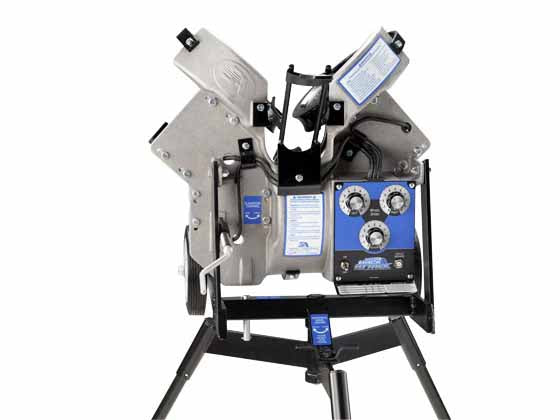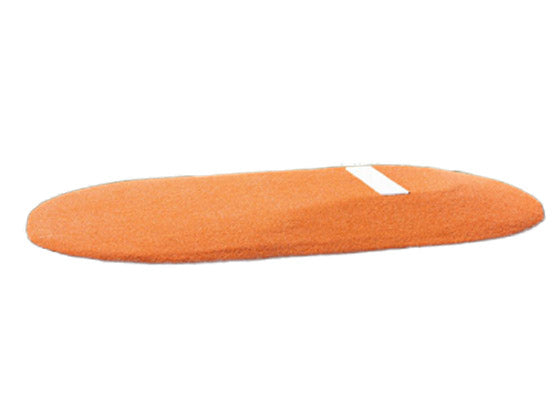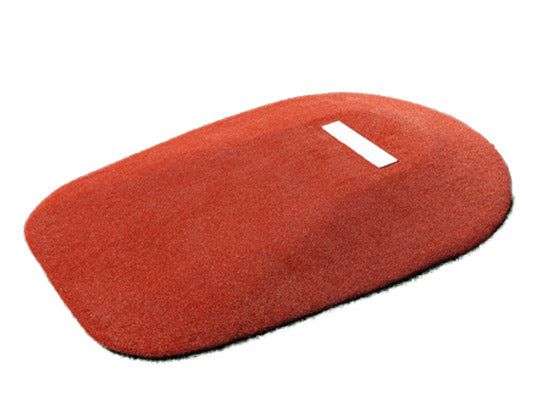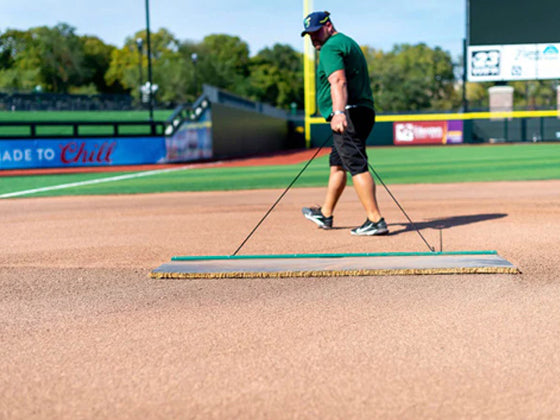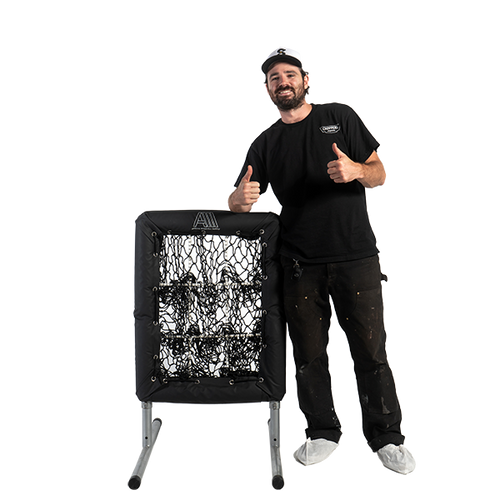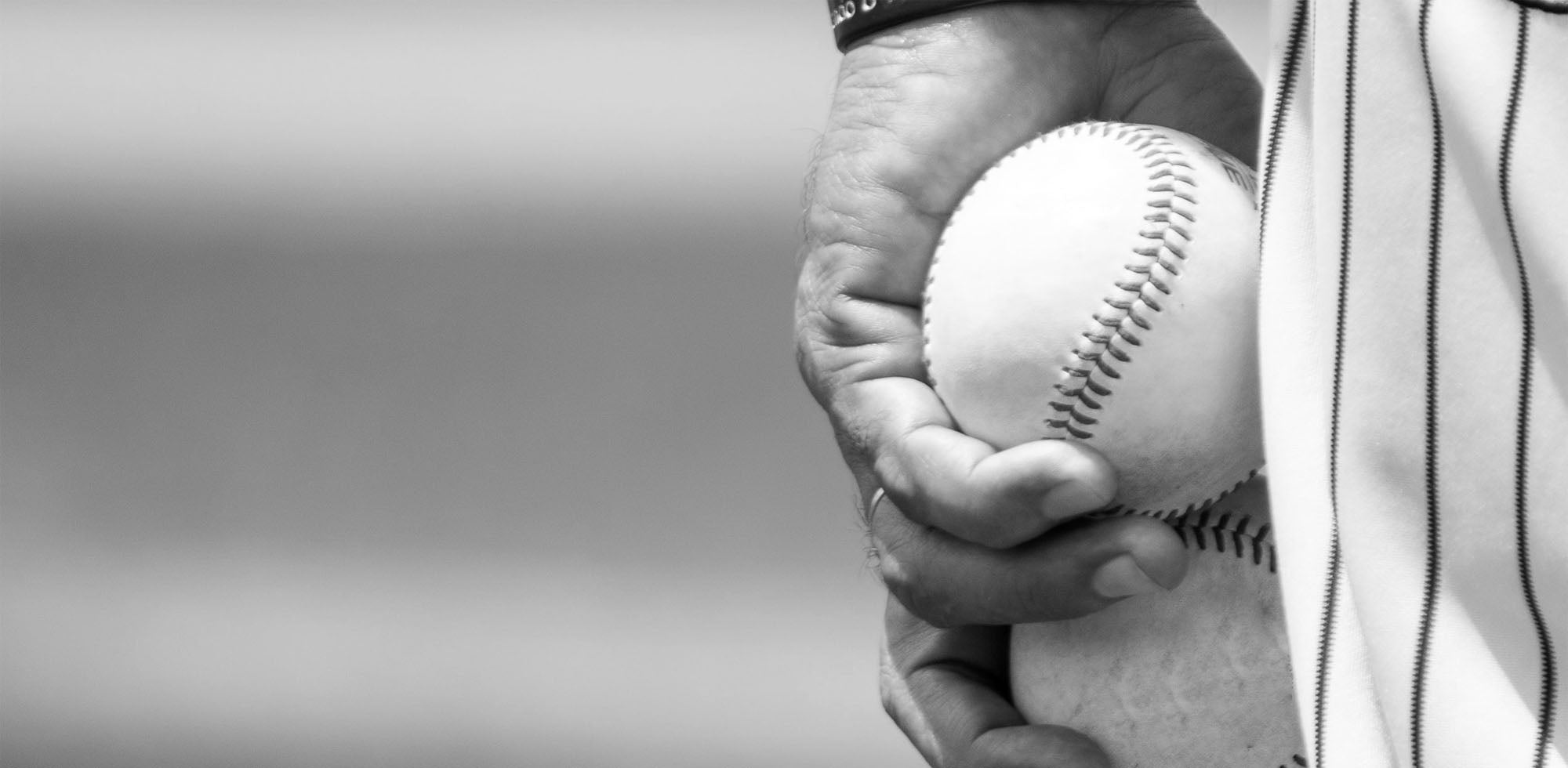Ready to up your game with a portable pitching mound that won’t let you down?
I’ve been testing mounds for over a decade (trust me, I’ve seen my share of warped wood disasters), and the three brands that consistently deliver are Pitch Pro, Allstar, and ProMounds. Each brings something different to the plate, and honestly? The "best" choice depends on what you’re really after.
Let me break down what I’ve learned from coaches, league directors, and plenty of muddy cleats.
The Quick Answer: Which Brand Wins What?
Pitch Pro dominates durability with that killer 10-year warranty. Allstar brings a serious game-ready feel at mid-tier pricing. ProMounds crushes it for indoor facilities and quick setup needs.
But here’s the thing—those one-liners don’t tell the whole story. Your choice comes down to where you’re using it, who’s pitching on it, and how long you need it to last.
If you’re still comparing specs, bookmark the comprehensive pitching mound buyers guide for side-by-side dimensions, pricing tiers, and setup tips before you pull the trigger.
Construction: What’s Under the Turf?
Pitch Pro: The Tank
Pitch Pro Mounds uses a fiberglass shell over urethane foam core—think of it as the pickup truck of mounds. I watched a Model 465 survive three seasons of 12U travel ball tournaments without a single crack. That flex-foil ramp around the landing zone? Pure genius for preventing stress fractures.
Weight range: 50-425 lbs depending on model
Warranty: Industry-leading long-term structural coverage
Made in: Kansas, USA (since 1985)
Allstar: The Workhorse
Allstar Mounds go with a composite shell and internal ribs—lighter than solid wood, tougher than foam alternatives. I grabbed their 6" Pro Youth for our academy last spring, and those balanced carry handles make setup a breeze. Two coaches can have it game-ready in under 60 seconds.
Weight range: 70-300 lbs across the lineup
Warranty: Multi-year limited coverage on shell
Made by: Gulfstream in Dalton, GA
ProMounds: The Speedster
ProMounds built their reputation on lightweight design—high-density plywood core with dual-density foam. Their 10" collegiate mound weighs under 100 lbs (that’s half what you’d expect). Perfect for facilities that need to move mounds between cages and fields daily.
Weight range: 45-155 lbs (lightest in class)
Warranty: Comprehensive multi-year shell coverage
Made in: Boston, MA
Not sure what mound profile your league actually requires? Our pitching mound height by age chart lists every regulation from 8U to college so you can choose the right model first time.
Price Breakdown: Your Budget Reality Check
Here’s where things get interesting. I’ve mapped out the sweet spots for each brand:
Budget Range (Entry Level)
- Pitch Pro 334 (4"): Solid starter for backyard work
- ProMounds MP04 (4"): Ultra-light for indoor use
- Allstar 4" Youth: Mid-range intro option
Youth Game Range (Most Popular)
- Pitch Pro 465/486 (6"): Tournament-ready options
- ProMounds 5070 (6"): Value-focused choice
- Allstar 6" Standard: Reliable middle ground
Premium Range (Advanced Programs)
- Pitch Pro 796 (6"): Elite wide deck design
- Allstar 10" HS Game: Full-size regulation
- ProMounds Pro/Collegiate (10"): Indoor facility favorite
And yeah, Pitch Pro’s 1810 full-deck plays in a league of its own—that’s college and pro territory.
Performance: Where the Rubber Meets the Turf
Game Feel & Mechanics
All three brands nail the regulation slope angle, but the feel differs. Pitch Pro’s urethane core gives the most dirt-like response under spikes. Allstar’s composite shell offers consistent firmness that mirrors packed clay. ProMounds’ foam construction feels softer—some pitchers love it, others prefer more feedback.
I had our 14U pitcher test all three brands during a weekend clinic. His verdict? "The Pitch Pro felt most like our home field’s mound, but the ProMounds was easier on my knees during long sessions."
Turf Quality & Longevity
- Pitch Pro: 12 lb/ft² spike-resistant nylon (green clay-tone)
- Allstar: 60-oz nylon AstroTurf (clay or green options)
- ProMounds: 24 oz spike-resistant with Launch Pad insert system
That Launch Pad system from ProMounds is clever—when the push-off zone gets torn up, you replace an inexpensive insert instead of re-turfing the whole mound.
The Real-World Test: Where Each Brand Shines
For Travel Teams & Tournaments: Pitch Pro Takes It
That industry-leading warranty isn’t just marketing fluff. Tournament directors I know swear by Pitch Pro because the mounds survive the abuse of 40+ games per season. The Model 796’s extra-wide deck handles power pitchers who need more landing space.
For Youth Leagues & Recreation: Allstar Hits the Sweet Spot
Allstar gives you 90% of Pitch Pro’s durability at a friendlier price point. Their 6" Standard became our go-to recommendation for Little League fields. Coaches love how the composite shell stays consistent in wet weather.
For Indoor Facilities & Academies: ProMounds Dominates
When you’re moving mounds three times a day between batting cages, that 65-lb weight makes all the difference. Plus, the Porta-Grip rubber feet prevent sliding on the hardwood—I learned that lesson the hard way with other brands.
Maintenance & Longevity: The Hidden Costs
Here’s something most reviews don’t mention—replacement parts and service.
Pitch Pro offers the easiest rubber replacement system and comprehensive parts support. Allstar provides decent parts availability through their Georgia facility. ProMounds wins for turf panel replacement—their glue-free design means DIY repairs.
I’ve seen expensive mounds become yard decorations because owners couldn’t source replacement rubbers. Do your homework on parts availability.
Once you’ve picked a mound, protect that clay with one of these top bullpen pitching mound tarps so rainouts and re-build costs don’t eat your budget.
The Verdict: Match Your Mission
Choose Pitch Pro if: You need maximum durability and don’t mind paying for it. Tournament organizers, elite travel teams, and facilities planning 5+ year life cycles.
Choose Allstar if: You want proven performance at a reasonable price. Youth leagues, high school programs, and coaches who need reliable gear without breaking budgets.
Choose ProMounds if: Portability and quick setup trump everything else. Indoor facilities, mobile instructors, and programs that prioritize convenience.
My Personal Pick? Depends on the Day
For our main training facility, I went with Pitch Pro 486—the extra investment pays off in longevity. For our mobile clinics, ProMounds 2-piece units can’t be beat. And for budget-conscious leagues asking for recommendations? Allstar 6" Standard every time.
The truth is, all three brands build quality mounds. Your decision should focus on your specific needs: usage frequency, storage requirements, budget constraints, and long-term plans.
Ready to step up to the mound?
Browse our complete selection of Pitch Pro portable mounds, check out the Allstar collection, or explore ProMounds training systems.
And if you’re still on the fence? DM us on Instagram @AnytimeBaseball with your specific situation—I’ll help you find the perfect fit.
Just sharing tips from the field—always swing safely and check league regulations before purchasing!

 Contact Us
Contact Us